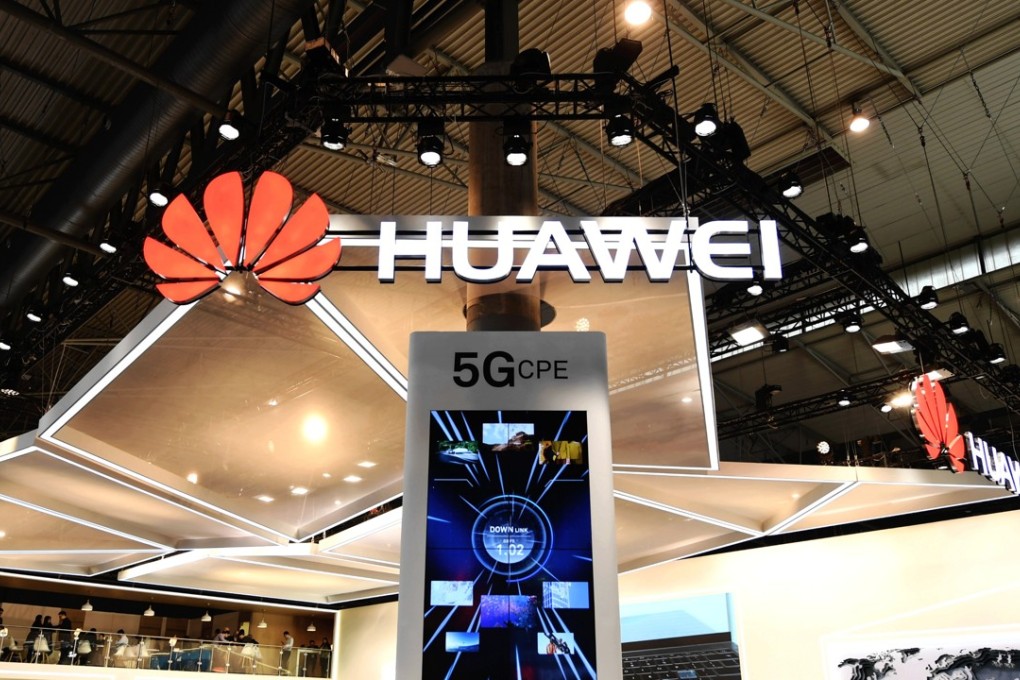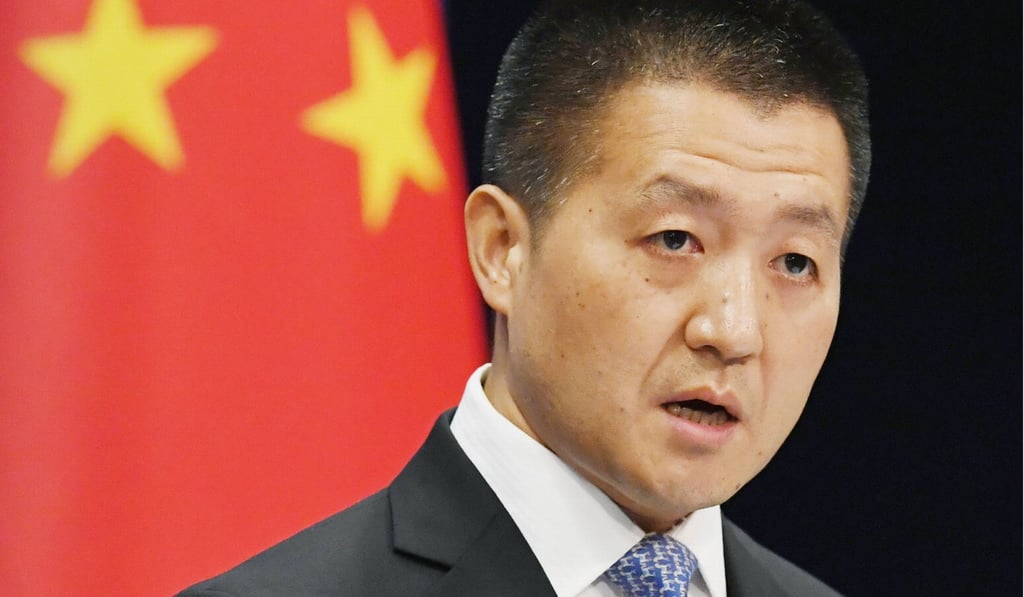Exclusive | Huawei executive says unified, objective security standard needed to take politics out of 5G roll-out
Huawei has been rocked by bans from Western countries’ 5G plans over national security concerns - now it’s backing a unified standard that would see less politicisation

Huawei Technologies, facing recent setbacks from security concerns, is backing a unified security standard that would help lessen politicisation of the roll-out of 5G mobile networks.
All countries need to recognise the importance of setting better common standards, adopting industry best practice and implementing risk-mitigation procedures to ensure that there is an objective basis for choosing technology vendors, said Andy Purdy, chief security officer of Huawei USA, in a video interview from this week’s Singapore International Cyber event.
Taking politics out of the decision-making process is vital “so there’s an open, objective, and transparent basis for trust, so that the users can trust it, the government can trust it, and the vendors can know what the requirements are”, he said.

Recently, Huawei and ZTE Corp, Chinese providers that have both invested heavily in research and development of next-generation networks, were excluded from building Australia’s 5G infrastructure after Canberra laid out new rules in August, citing national security concerns.
China expressed “serious concern” about Australia’s action, according to a statement from Chinese foreign ministry spokesman Lu Kang.